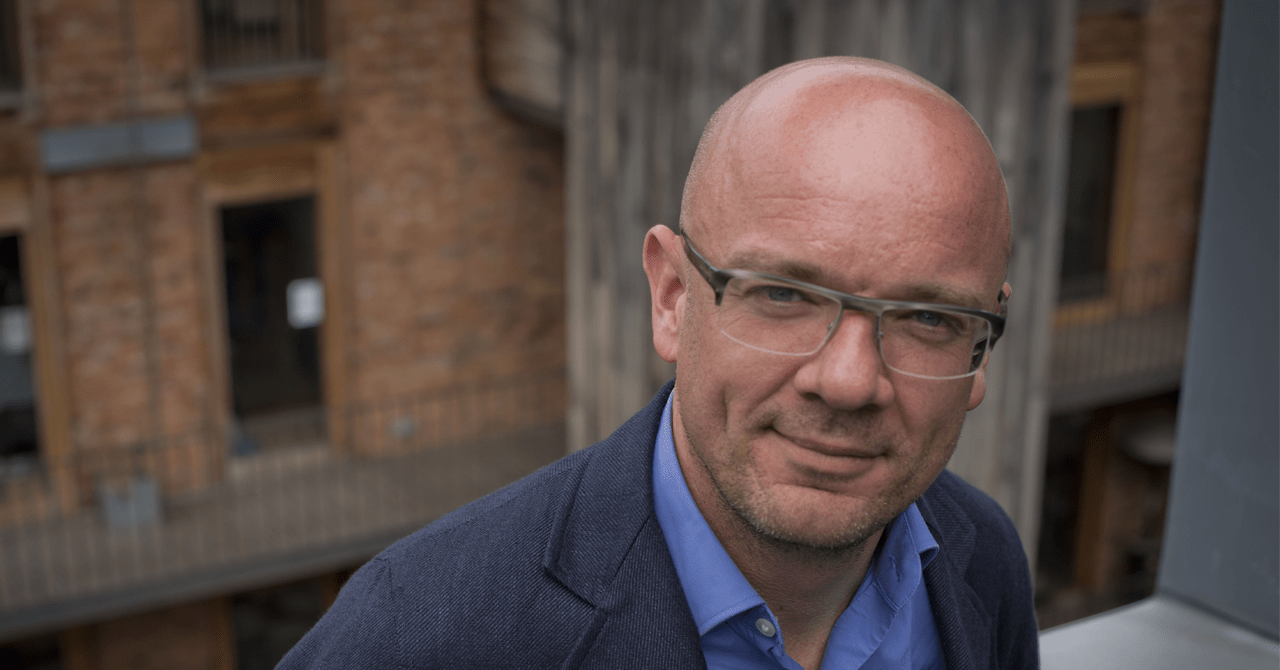Owen Frost sits down (virtually) with Patrick Holland, Controller of BBC 2, to discuss his channel’s policies regarding Black Lives Matter and the increasing importance of history in public broadcasting.
Owen: Hi Patrick, can you tell the readership a little bit about what your role is at the BBC and what you do?
Patrick: My name is Patrick Holland and I am the controller of BBC Two. I also look after BBC Four, commissioning programmes there as well. As a Channel Controller, I work to commission programmes from across a wide range of genres including documentaries, music, arts, drama, comedy and entertainment. Each of these genres has a controller of that particular genre who work with their team to develop ideas and then they discuss them with me about whether they commission them for BBC Two/BBC Four. There is a whole portfolio of channels at the BBC and I am very privileged to run one of them.
Owen: Hospital, which you commissioned when you first started out as Controller of BBC Two focuses on the crucial work the NHS continues to do in our country. What do you think the importance is of broadcasting shows about the NHS during the current pandemic?
Patrick: I developed Hospital as at the time we felt envious of 24 Hours in A&E on Channel Four’s success, but I wanted a series which explored what was really happening in the NHS – showing bed shortages and winter flu crises. Hospital has told these stories in a very interesting and humane way. One of the things that I am most proud of in the last year is the Covid-19 special that Label1 made – a two-part series inside the Royal Free Hospital. Staff and patients know the TV show now and know that it has that commitment to exploring what happens inside the NHS at large. The access they were able to achieve during Covid-19 and the stories they were able to tell, I think will really stand as one of the outstanding documentaries made during this terrible time.

Owen: It certainly sounds like these programmes reflect issues of today. In light of the Black Lives Matter Movement and Edward Colston’s statue being torn down, do you have any more programmes planned which will inform the public about Britain’s colonialist past?
Patrick: Over the last few weeks we have repeated series from History on iPlayer so newer audiences have access to them. David Olusoga’s series Black and British: A Forgotten History tells of black people’s experience in the UK. David’s latest A House Through Time, part of a returning social history format we have on the channel, follows the inhabitants of a house over the centuries in particular parts of the UK. Series one was in Liverpool, series two was in Newcastle and series three was in Bristol. Olusoga’s series engages with the Colston statue and the place of the slave trade in A House Through Time weeks before the Black Lives Matter responded to the killing of George Floyd. I think that there has been some extraordinary output on the BBC that has attempted to explore the deep underpinnings of the slave trade and Britain’s role in the slave trade. One of the other things we have made is a massive £100 million commitment over three years to produce diverse and inclusive content. It is not just about telling stories of BAME experiences in history but it is also really important that the people who are making films are from BAME backgrounds and also different social classes because television, like lots of professions, is quite hard to get into and once you get there the profession can be quite precarious. As an industry, we are trying to search hard for answers to retain brilliant BAME people coming into television. We need to work hard to retain them, promote those people and find the best roles for them because they need to be the future leaders as much as everyone else.
Owen: The reality show School documented the ups and downs of the education system. Do you think you might ever produce a show about university students?
Patrick: We did a series last year called How to Break into the Elite with Amol Rajan (BBC News Media Editor). His question was how you break into competitive professions (media, law, banking) if you come from a background like his. He followed university leavers from different backgrounds and tried to assess what their chances were. He found a huge amount of low-level prejudice which was stopping people from entering professions and there were discriminations made at an early stage about CVs names and how you carry yourself in an interview. We have commissioned Amol to do another two-part series which follows up about young people’s experiences. It created quite a lot of debate. Looking at the experience of young people and what their life chances are is certainly what we’re interested in. I wouldn’t say no to an observational documentary with university students like we did with School!

Owen: It would seem like BBC 2 focuses on challenging shows which evoke thought about everyday things in an exploratory way?
Patrick: I think one of the key things we are trying to do is that we don’t want a presenter who is telling people how to think. I think people are far more sophisticated in their viewing habits. We want to immerse people inside these new stories in an observational way and let them make up their own minds.
Owen: Thank you very much for this.
Patrick: You’re welcome, thank you.
By Owen Frost
Featured Image courtesy of Edinburgh TV Festival

